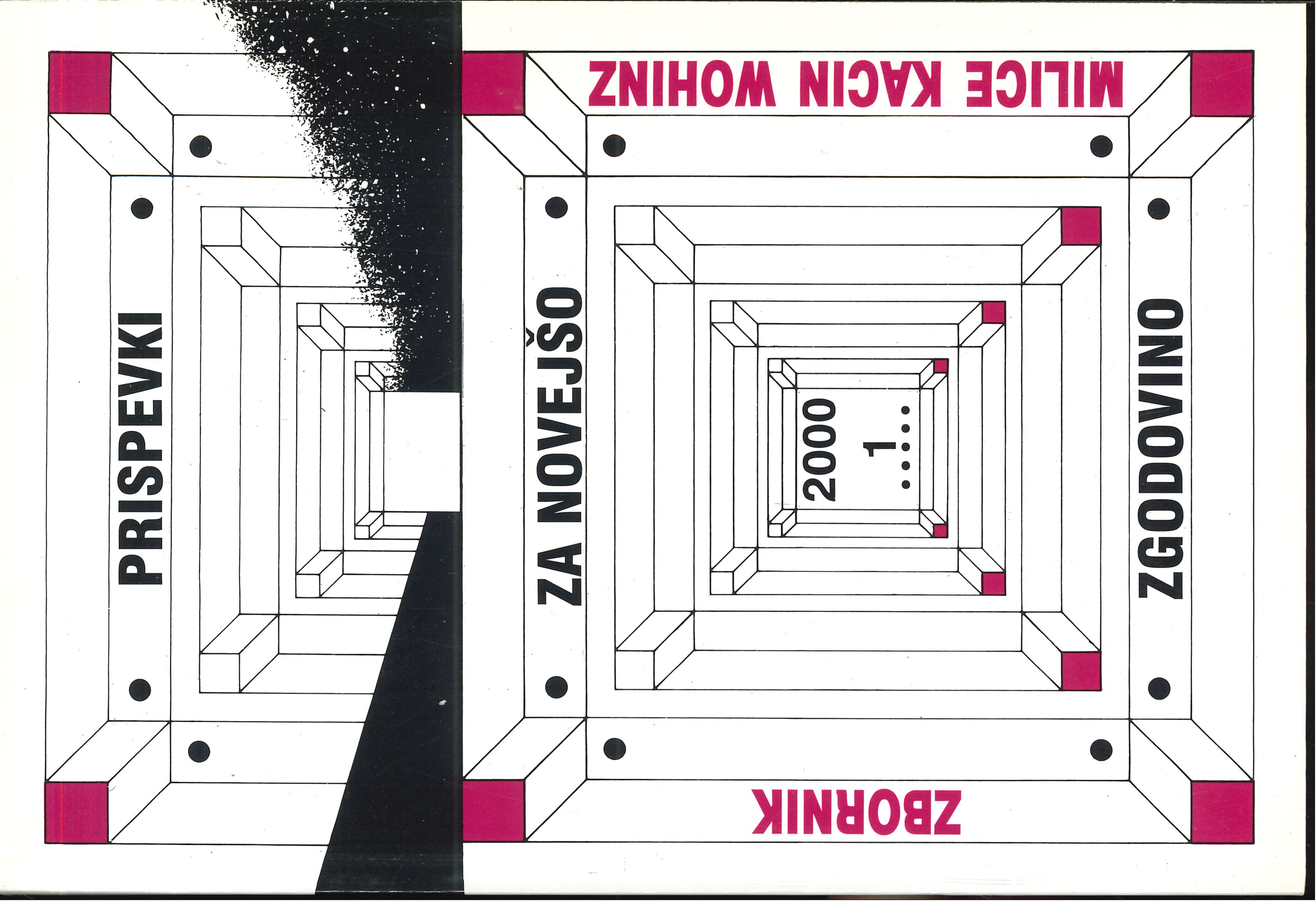Migrations in the Julian March after the Second World War
Keywords:
Julian March, Slovenian Littoral, Italo-Slovenian relations, migrations, exodus, IstriaAbstract
The paper deals with migrations to and from the Julian March during the first decade after the Second World War. This was a complex, multi-level process, involving Italians as well as Croats and Slovenes. Soon after the capitulation of Italy in September 1943, almost all Italians left the Slovene Littoral (Primorska) where they had settled after 1918. Similarly, the vast majority of the Italian ethnic community emigrated from Istria, as well as many Slovenes and Croats. Communism was the main reason for the emigration of Slovenes from the territory before, and also after, its annexation to Slovenia in 1947. At the same time, Communism attracted many Italian workers to the area. The Slovenes and Croats who had been deported or mobilized under the Fascist regime, returned from other Italian provinces, and, from Yugoslavia, those who emigrated before the war. In the mid-Fifties, a substantial number of the inhabitants of the Trieste region emigrated overseas. Some thirty percent of these were Slovenes.
Downloads
Published
Issue
Section
License
Authors who publish with this journal agree to the following terms:
- Authors retain copyright and grant the journal right of first publication with the work simultaneously licensed under a Creative Commons Attribution License that allows others to share the work with an acknowledgement of the work's authorship and initial publication in this journal.
- Authors are able to enter into separate, additional contractual arrangements for the non-exclusive distribution of the journal's published version of the work (e.g., post it to an institutional repository or publish it in a book), with an acknowledgement of its initial publication in this journal.
- Authors are permitted and encouraged to post their work online (e.g., in institutional repositories or on their website) prior to and during the submission process, as it can lead to productive exchanges, as well as earlier and greater citation of published work (See The Effect of Open Access).


